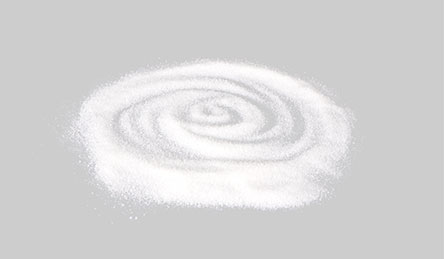
Search


Compared with LDPE, HDPE 7000F has high density, high crystallinity, high-temperature resistance, oil resistance, and high strength. However, due to the high viscosity of the melt, it is difficult to process the melt. The properties of high-density polyethylene resin HDPE 7000F are as follows.
1.HDPE 7000F is opaque waxy particles (or powder), non-toxic, tasteless, slightly heavier than low-density polyethylene.
2. Hdpe 7000F has few branched chains and high crystallinity (75%-90%). The transparency of its products is not as good as that of LDPE.
3. The stiffness, tensile strength, mechanical strength and heat resistance of HDPE 7000F are better than those of LDPE. Its products can be used for a long time at temperatures not higher than 80 ℃.
4. The electrical insulation, toughness and cold resistance of D and HDPE 7000F products are also good, but not as good as LDPE.
5.Very low water absorption (not more than 0.03%) and good chemical stability.
6. When HDPE 7000F is used, attention should be paid to the effect of density on its properties: if density increases, its tensile strength, toughness, softening temperature and chemical resistance will also increase, but its low-temperature impact strength, elongation, and permeability will decrease. If its relative molecular weight is improved, its melt viscosity will also be increased, which will bring some difficulties to its forming process. Quality requirements for films of HDPE 7000F plastic products can be referred to as standard GB11116-1989.